A BIBLIOGRAPHY
OF BARBARA PYM
1913 - 1980
A BIBLIOGRAPHY
OF BARBARA PYM
1913 - 1980
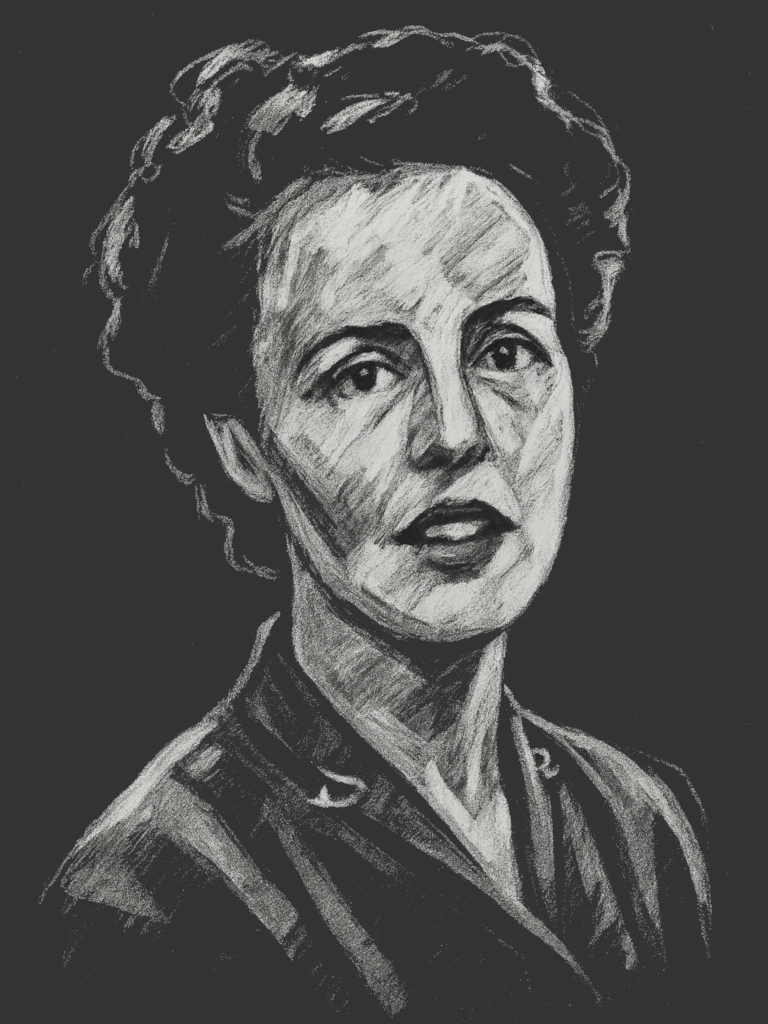
BP was served in the Wrens (colloquial name for UK Women's Royal Naval Service) thru WWII (1943-1946) and was posted in Naples til the end of the war.
Some people think she worked with MI5. The BP Society has lots of material to read and a good chronology of her life online, but just to make everything extra explicitly clear, here's my own hyper-visual timeline charting her body of work.You're welcome!
Bibliography: Barbara Pym Books (Chronological Order)
 Pym, Barbara. Some Tame Gazelle. London: Jonathan Cape, 1950.
Pym, Barbara. Some Tame Gazelle. London: Jonathan Cape, 1950.
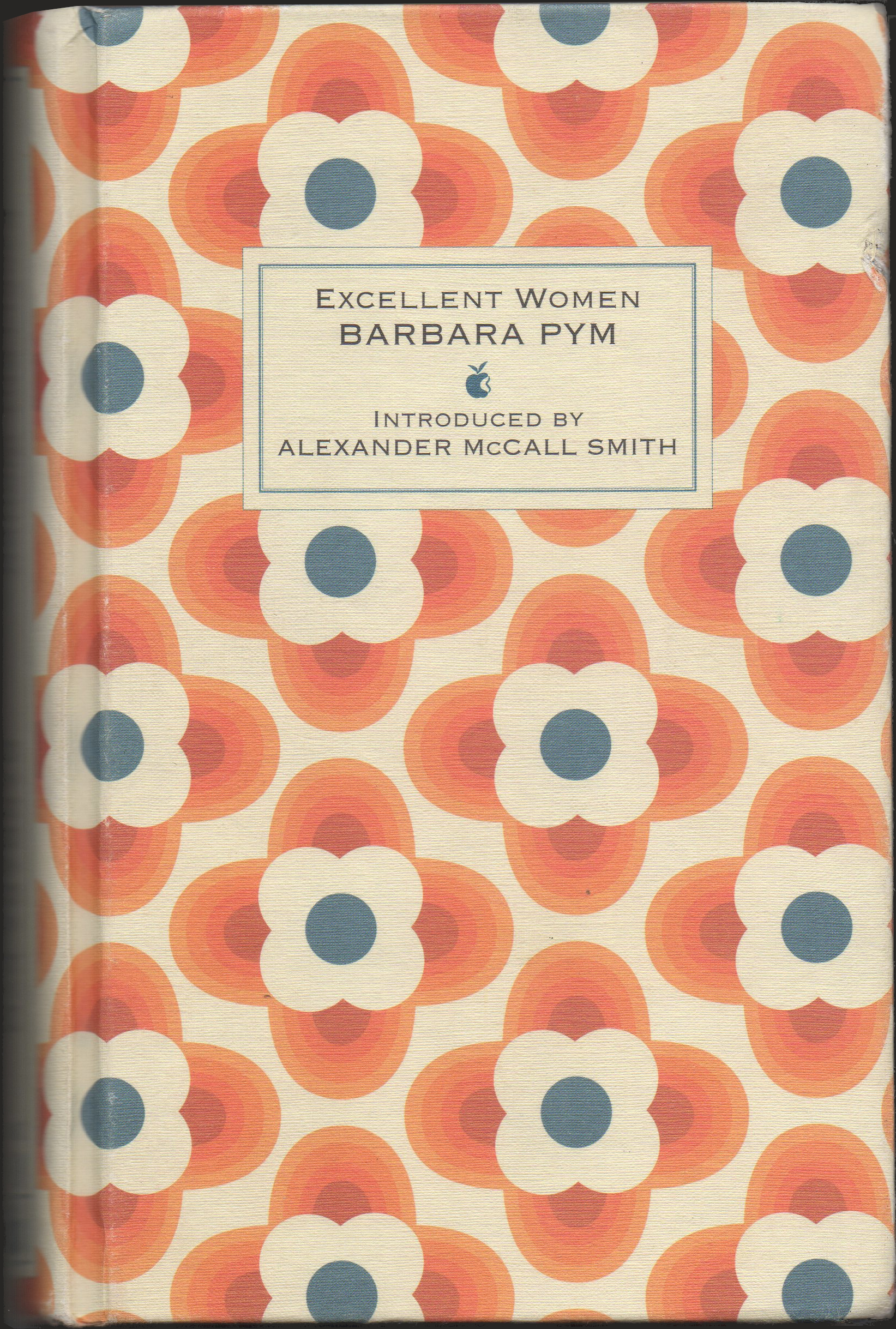 Pym, Barbara. Excellent Women. London: Jonathan Cape, 1952.
Pym, Barbara. Excellent Women. London: Jonathan Cape, 1952.
 Pym, Barbara. Jane and Prudence. London: Jonathan Cape, 1953.
Pym, Barbara. Jane and Prudence. London: Jonathan Cape, 1953.
 Pym, Barbara. Jane and Prudence. ??? Large type edition.
Pym, Barbara. Jane and Prudence. ??? Large type edition.
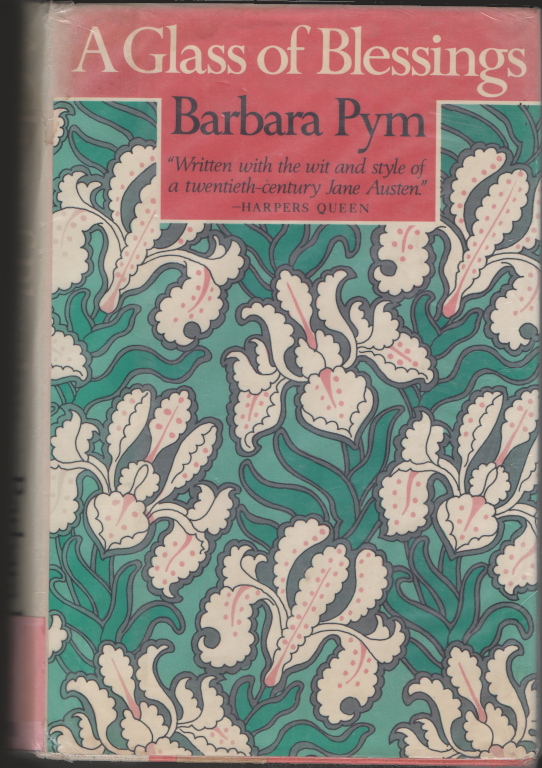 Pym, Barbara. A Glass of Blessings. London: Jonathan Cape, 1958.
Pym, Barbara. A Glass of Blessings. London: Jonathan Cape, 1958.
 Pym, Barbara. No Fond Return of Love. London: Jonathan Cape, 1961.
Pym, Barbara. No Fond Return of Love. London: Jonathan Cape, 1961.
 Pym, Barbara. Quartet in Autumn. London: Macmillan, 1977.
Pym, Barbara. Quartet in Autumn. London: Macmillan, 1977.
 Pym, Barbara. The Sweet Dove Died. London: Macmillan, 1978.
Pym, Barbara. The Sweet Dove Died. London: Macmillan, 1978.
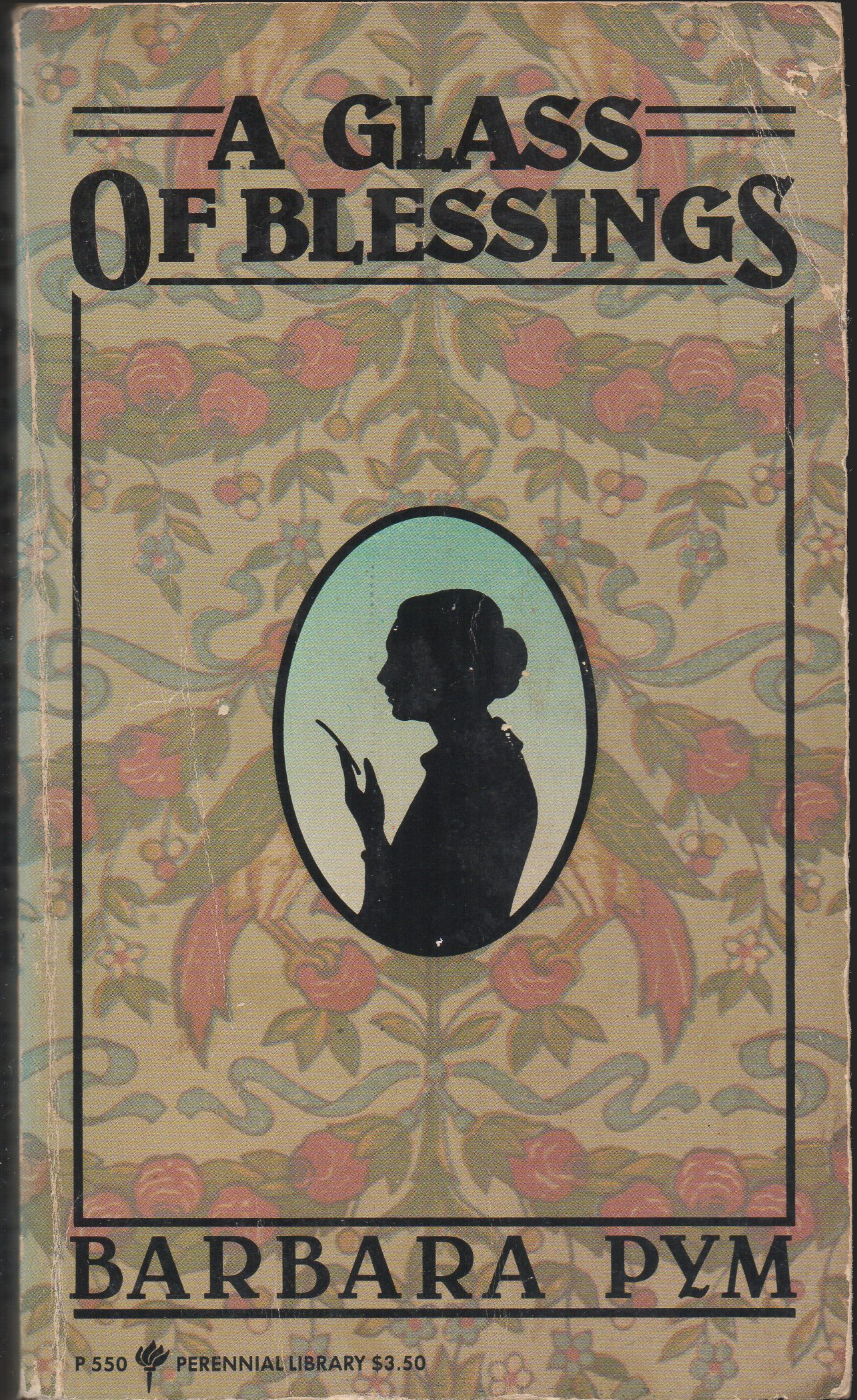 Pym, Barbara. A Glass of Blessings. New York: Harper Perennial Library, 1981.
Pym, Barbara. A Glass of Blessings. New York: Harper Perennial Library, 1981.
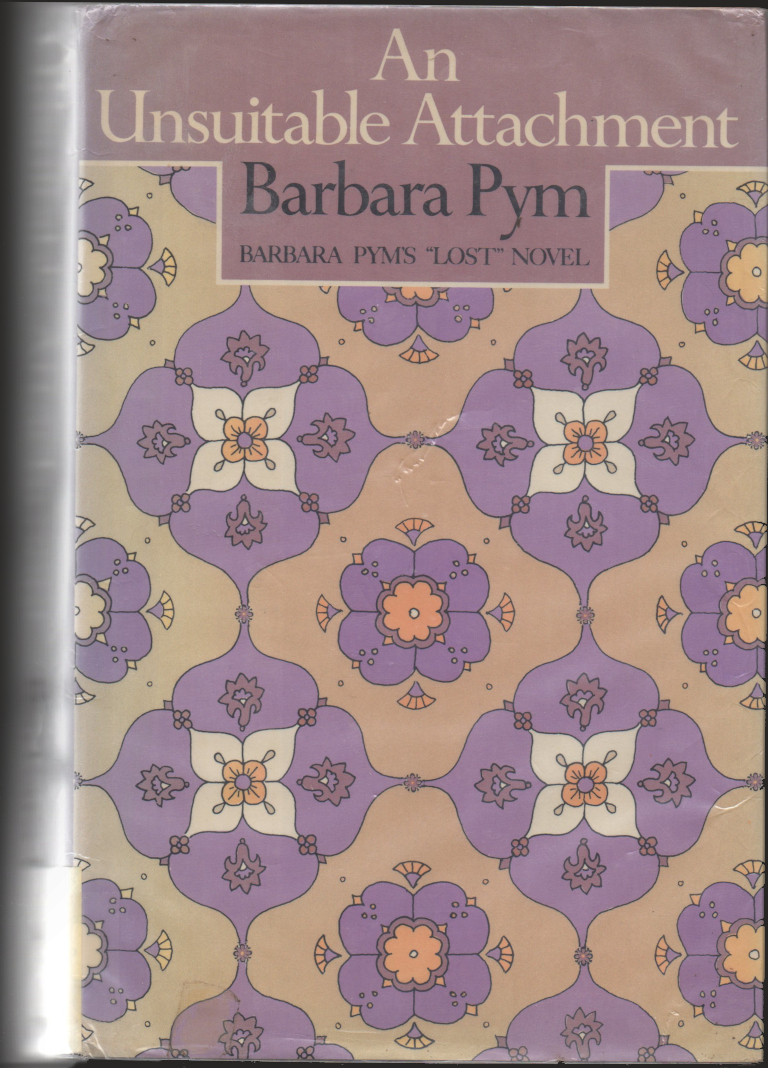 Pym, Barbara. An Unsuitable Attachment. London: Macmillan, 1982.
Pym, Barbara. An Unsuitable Attachment. London: Macmillan, 1982.
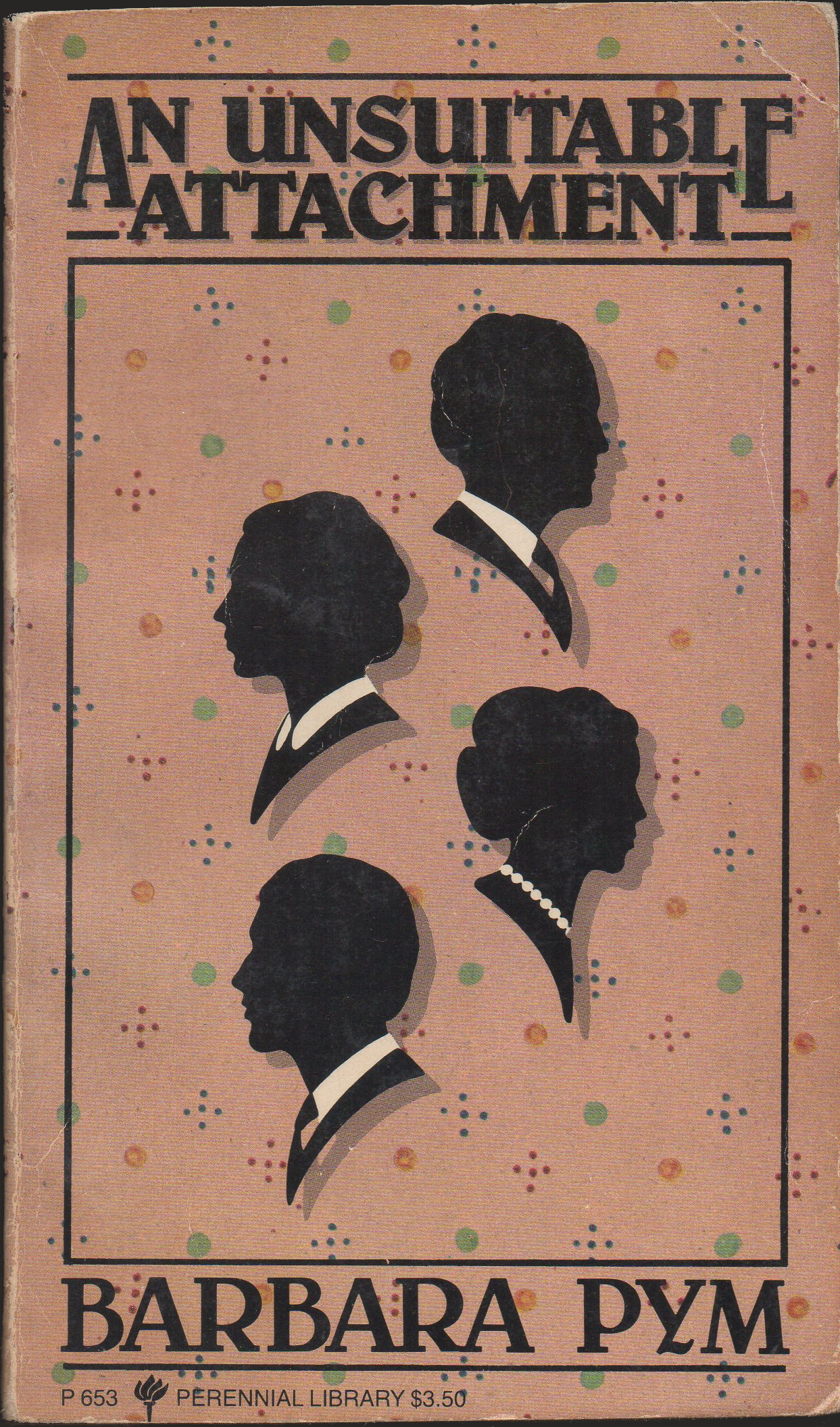 Pym, Barbara. An Unsuitable Attachment. London: Macmillan, 1982.
Pym, Barbara. An Unsuitable Attachment. London: Macmillan, 1982.
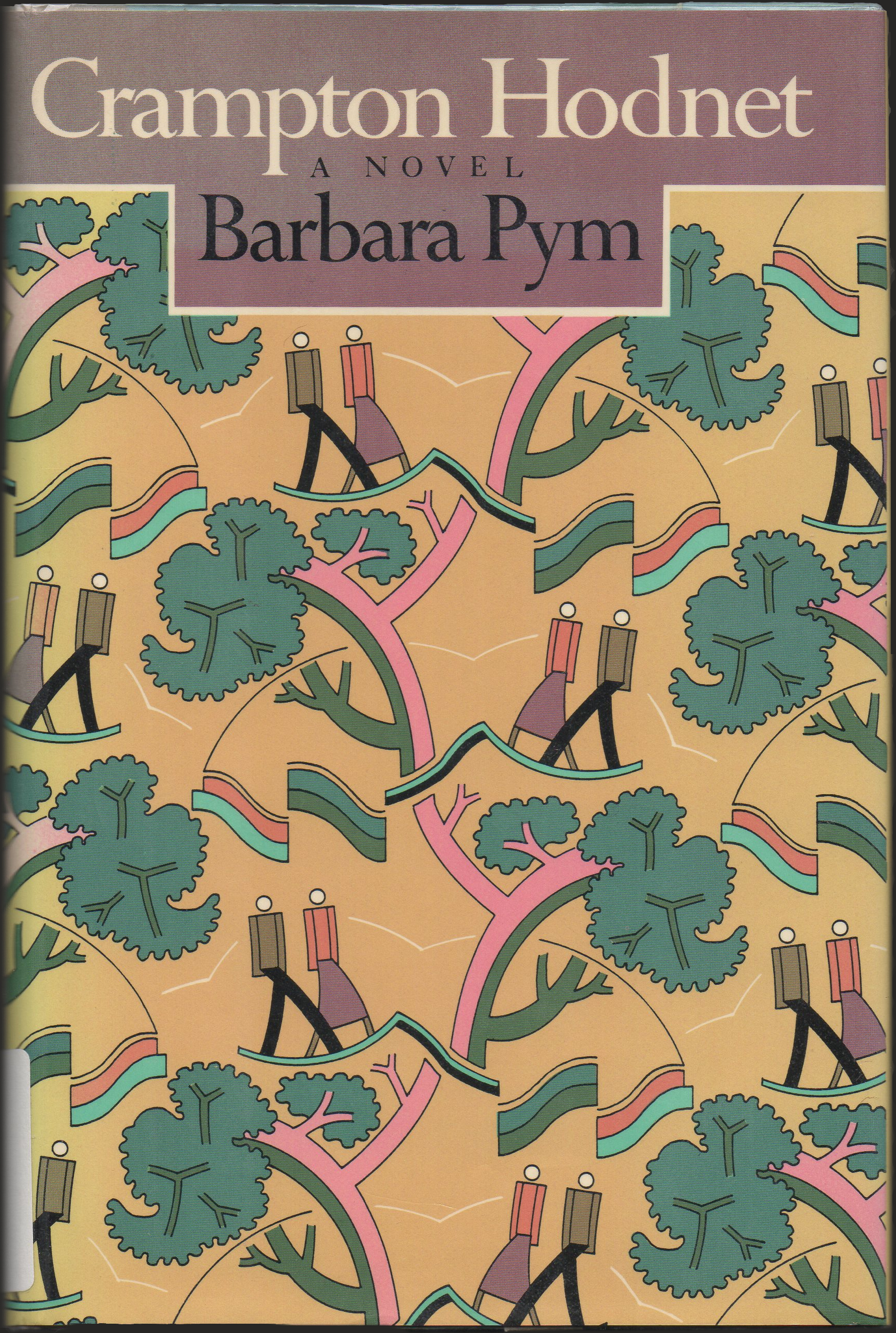 Pym, Barbara. Crampton Hodnet. London: Macmillan, 1985.
Pym, Barbara. Crampton Hodnet. London: Macmillan, 1985.
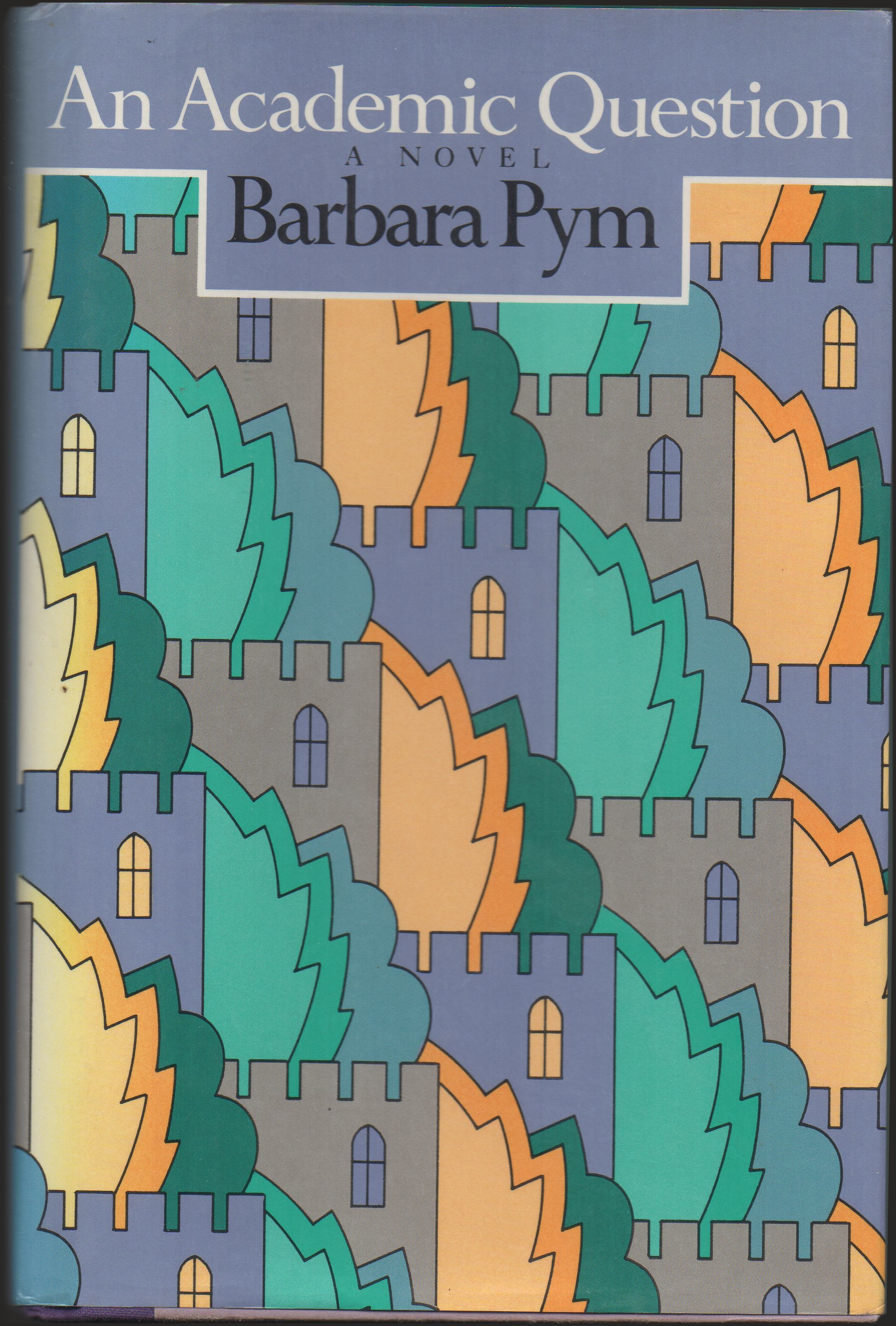 Pym, Barbara. An Academic Question. London: Macmillan, 1986.
Pym, Barbara. An Academic Question. London: Macmillan, 1986.
Bibliography: About Barbara Pym
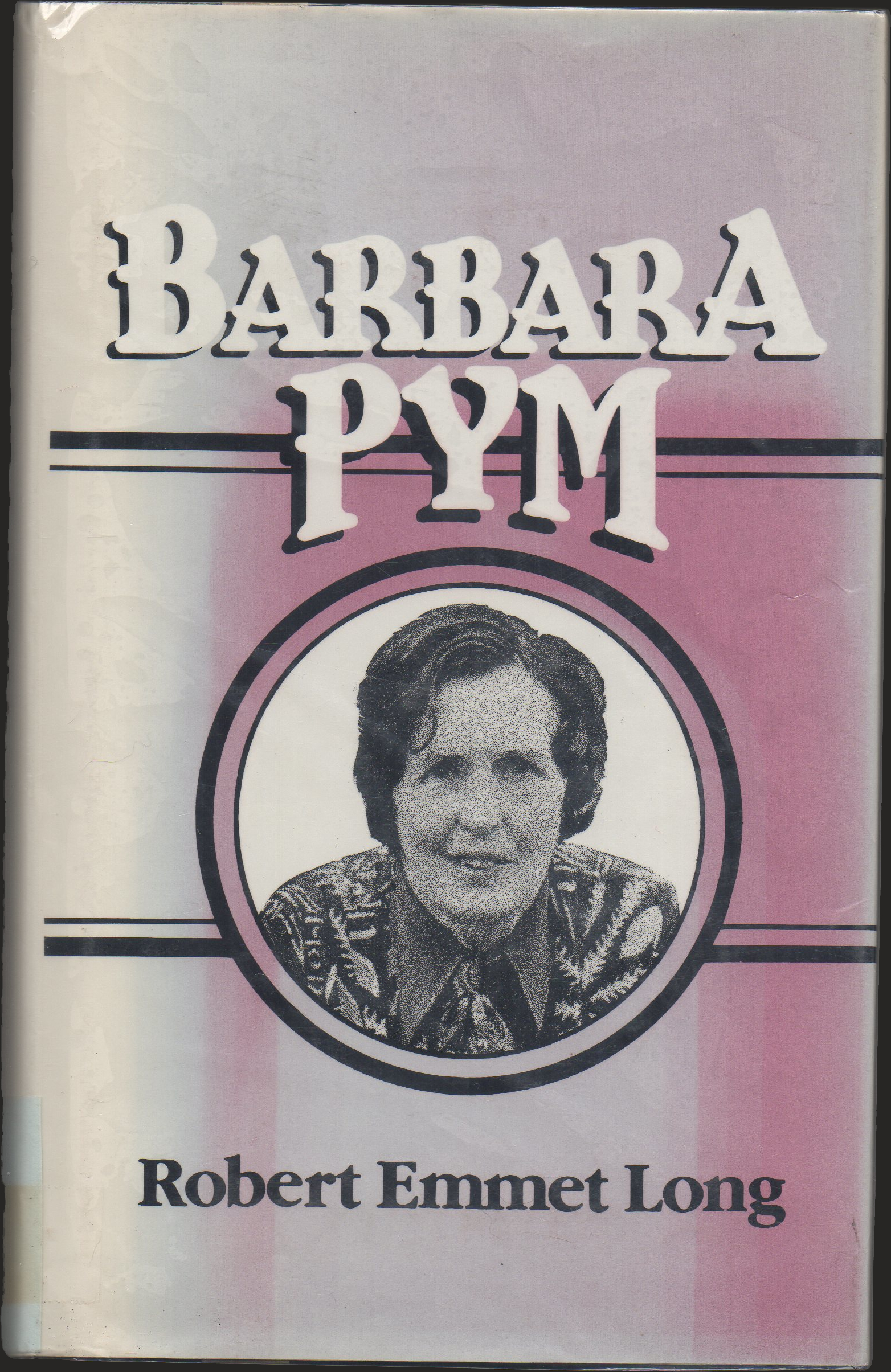 Long, Robert Emmet. Barbara Pym. New York: Frederick Ungar Publishing, 1986.
Long, Robert Emmet. Barbara Pym. New York: Frederick Ungar Publishing, 1986.
 Nardin, Jane. Barbara Pym: The Subversion of Romance. Bowling Green: Bowling Green State University Popular Press, 1992.
Nardin, Jane. Barbara Pym: The Subversion of Romance. Bowling Green: Bowling Green State University Popular Press, 1992.
 Pym, Hilary, and Honor Wyatt, editors. The Adventures of Miss Barbara Pym. London: Macmillan, 1998.
Pym, Hilary, and Honor Wyatt, editors. The Adventures of Miss Barbara Pym. London: Macmillan, 1998.
 Wyatt-Brown, Anne M. Barbara Pym: A Critical Biography University of Missouri Press: 1992.
Wyatt-Brown, Anne M. Barbara Pym: A Critical Biography University of Missouri Press: 1992.
Some Tame Gazelle
Barbara Pym's first published novel, written in her twenties about women in their fifties. The prescience is remarkable — she understood exactly what middle-aged spinsterhood would feel like, down to the small domestic pleasures and the way unrequited love can become a comfortable, familiar ache.
Belinda and Harriet Bede are sisters who've settled into a quiet rural life, orbiting around the curate and the archdeacon like planets around small, dim suns. It's brilliant social comedy disguised as gentle village life.
Excellent Women
This is the one that hooked me completely. Mildred Lathbury is one of literature's great narrators — sharp, self-deprecating, observant. She's the kind of woman everyone assumes will help with the church flowers and never marry, and she's both resigned to and secretly furious about these assumptions.
The anthropology department setting lets Pym skewer both academic pretensions and the casual sexism of the 1950s. Plus, it has one of the best opening lines: "Men at forty can still be foolish..." Pure Pym.
Jane and Prudence
A study in contrasts: married Jane, slightly overwhelmed by domestic life, and single Prudence, pursuing hopeless affairs with married men. I have both the regular edition and the large-type edition because I'm apparently collecting multiple copies of Pym novels now.
What I love is how Pym refuses to make either choice — marriage or spinsterhood — seem obviously better. Both women are fumbling through life in their own ways, finding small consolations.
A Glass of Blessings
Wilmet Forsyth is married, comfortable, and bored — so she develops a crush on a charming younger man who turns out to be gay. This was groundbreaking territory for the 1950s, handled with Pym's characteristic delicacy and humor.
The Anglo-Catholic church setting is perfect Pym territory. She captures the social rituals, the petty dramas, the way religion becomes as much about community as devotion.
I have both the hardcover and paperback editions because I'm apparently a Pym completist now.
Quartet in Autumn
Pym's late masterpiece about four office workers approaching retirement. It's her darkest novel but also perhaps her most compassionate. The loneliness is profound but never pitied — these characters have dignity and interior lives that matter.
Written after her own battle with cancer and long publishing drought, it feels like she's distilled everything she learned about human nature into this quiet, devastating portrait of aging and solitude.
The Sweet Dove Died
Leonora Eyre is Pym's most complex creation — vain, manipulative, yet somehow sympathetic. She's competing with a young man for the affections of an even younger man, and the psychological dynamics are fascinatingly twisted.
The title comes from Keats, and there's something almost tragic about Leonora's desperate attempt to maintain relevance and beauty as she ages. Pym's most unsentimental novel.
Barbara Pym wrote about ordinary middle-class English life with extraordinary insight. Her characters are librarians, anthropologists, church volunteers — the kind of people literature often ignores. But she saw the drama in their quiet lives, the comedy in their social rituals, the pathos in their small disappointments.
After being "rediscovered" in the 1970s (thanks to Philip Larkin and Lord David Cecil naming her as an underrated writer), she enjoyed a late renaissance. But she never got the full recognition she deserved during her lifetime. Reading her now feels like discovering a secret — this brilliant, funny, deeply empathetic voice that understood women's interior lives better than almost any novelist of her generation.
Her world of jumble sales and church meetings and disappointing love affairs might seem small, but it contains multitudes. Like Jane Austen, she found the universal in the particular, the profound in the everyday.
Every time I read Pym, I'm struck by how contemporary she feels. Her women are navigating careers and relationships, independence and loneliness, in ways that feel utterly relevant. She was writing feminist literature before anyone called it that — just by taking women's experiences seriously and writing about them with intelligence and wit.
Until next time, I remain devoted to excellent women everywhere.

Barbara Pym understood that the quiet dramas of ordinary life are just as worthy of literary attention as grand adventures. Her novels are small masterpieces of observation, wit, and humanity.